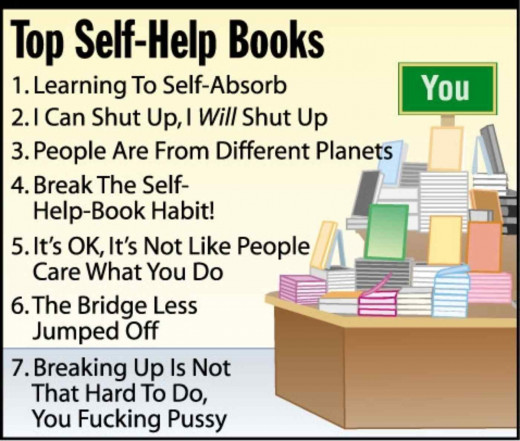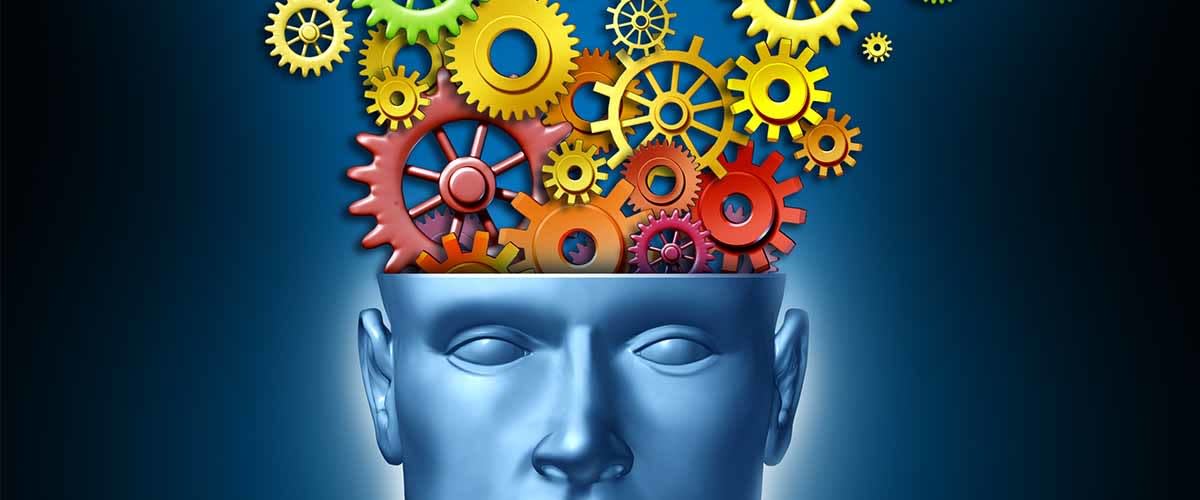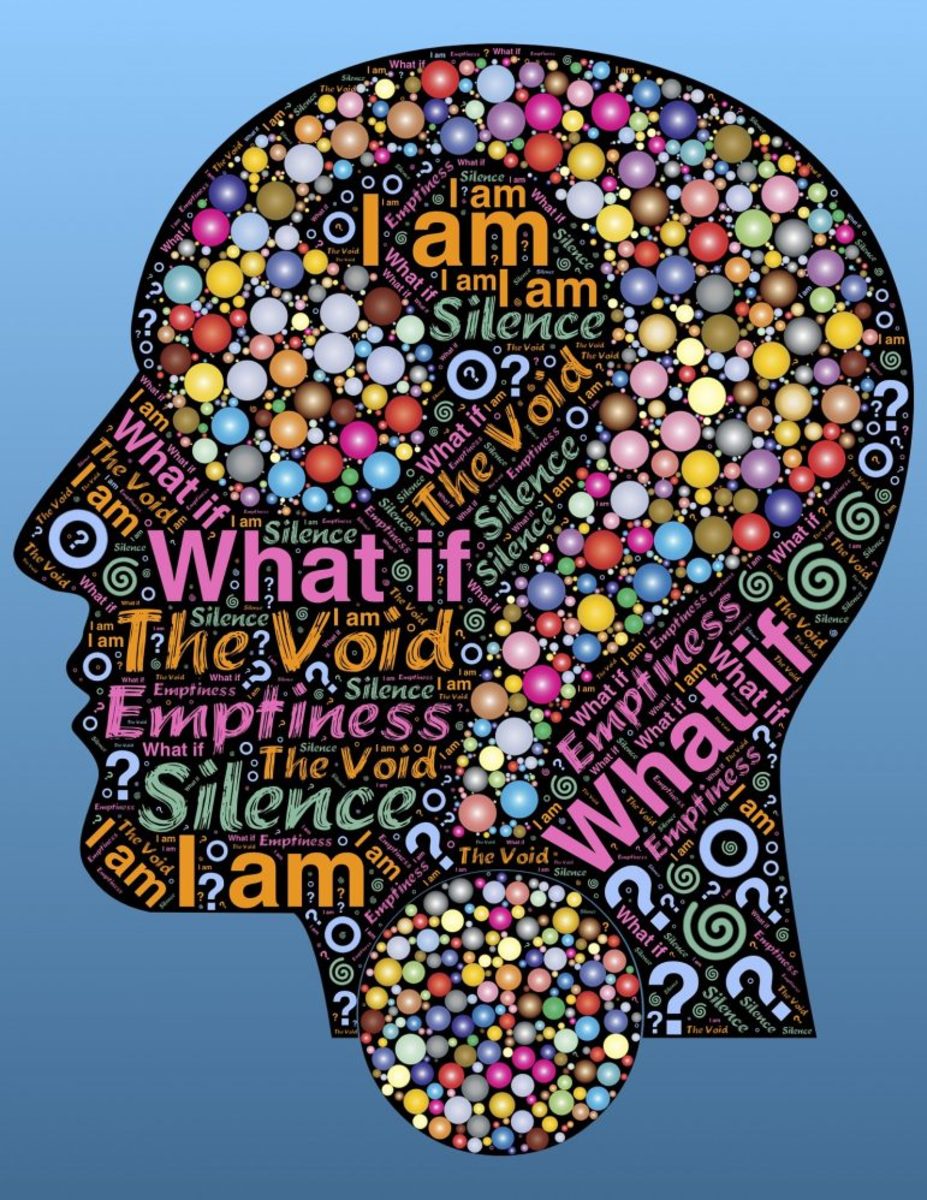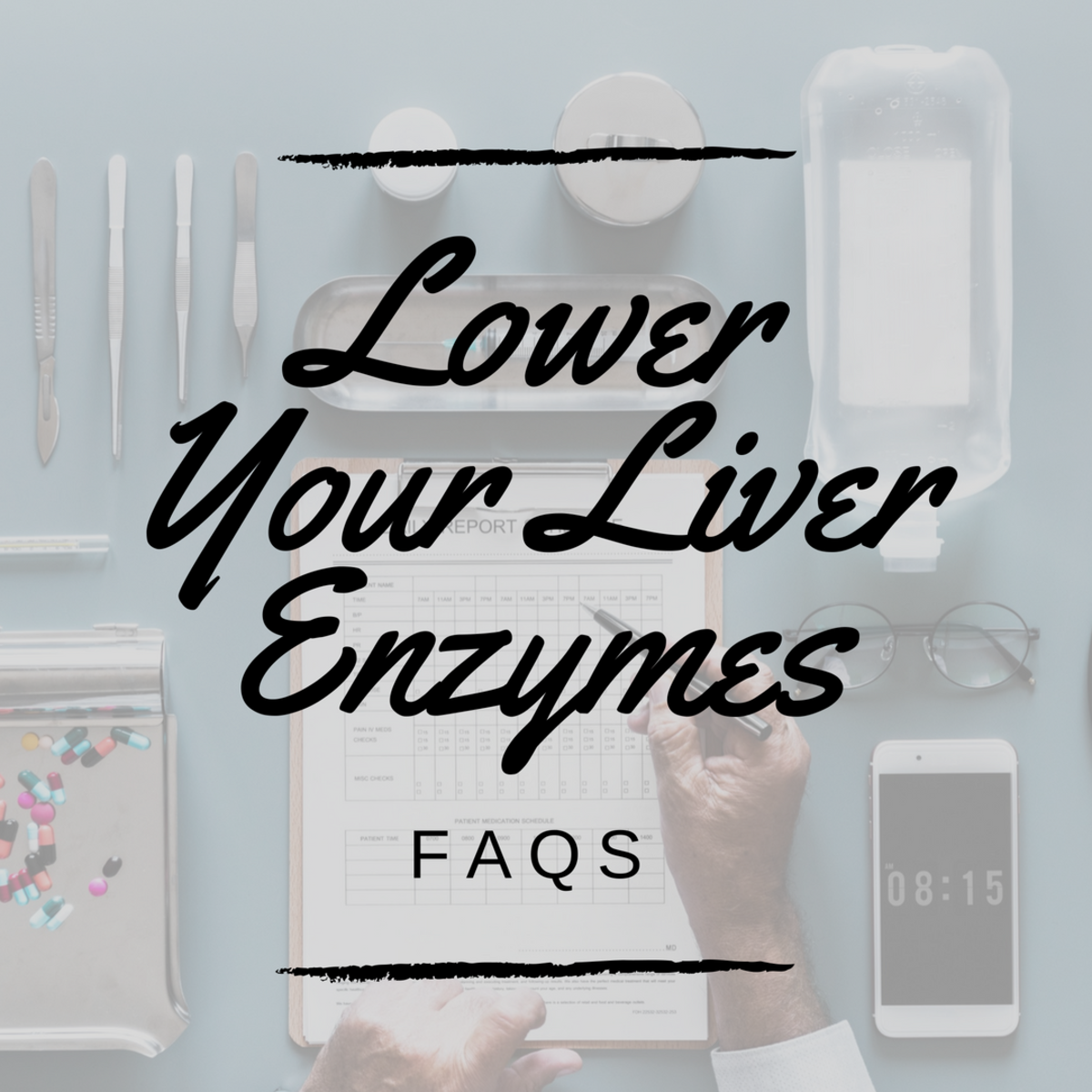The Utility of Self-Help Books in Psychology
The Utility of Self-Help Books in Psychology
The first self-help book ‘Self Help; with Illustrations of Character and Conduct’ traced back to the 19th century written by Samuel Smiles in 1959. Smiles wrote for a popular audience to show people how best to take advantage of the changes being brought about by the industrial revolution which was sweeping Britain and other parts of the world in the first half of the 19th century (The Online Library of Liberty, 2009). Thereafter, self-help books have seen as an emerging increase of burgeoning literature on self-help.

The Advantages with Self-Help Books in Psychology
Today, Americans spend more than $11 billion on thousands of self-help books, seminars, and audio programs every year. Majority of self-help books focused on the strong belief that mind over matter – “positive thinking”. This message grew out of mental-healing and Transcendentalist tracts of the mid-nineteenth century, and attained mass appeal in works such as Norman Vincent Peale’s 1952 The Power of the Positive Thinking (Horowitz, 2013). It has slowly becomes a substitute for professional therapy as the cost of self-help books are relatively more affordable as compare to seeking professional help.
The recent study in the National Stress in America survey (Sifferlin, 2013) showing a decline in overall stress level but it is still hovering above health levels, especially for young people. High stress level may affect one’s physical and emotional-health condition. If one feels that he/she has a problem, he/she will turn to self-help books for an alternative. Using a scale derived from the literature on bibliotherapy, expert psychologists rated each book on overall usefulness. Grounding in psychological science, the extent to which it offers reasonable expectations and to which it offers specific guidance for implementing the self-help techniques and for monitoring treatment progress, and whether it offers potentially harmful advice (Redding, Forman, Gaudiano, & Herbert, 2008).
For instance, one may come across some articles or realises he/she might have some psychological issues and search for relevant self-help books to identify their problems. It can forewarn their shortcomings, serve as a form of self psychological understanding or even self-treatment for themselves.
Despite these forms of alternatives are controversial, it is equally popular. Reasons being: seeking professional help is time-consuming; it’s their personal issue and it’s extremely expensive. It plays a significant role in the current mental health care system.
There are a variety of selections, ranging from areas including applying therapy for anxiety reduction to interpersonal relationships to supporting eating disorders recovery etc., for one to choose from. Furthermore, because these books are so easy accessible, when facing doubt and uncertainty, one can just read anytime and anywhere during lunchtime or through their sleepless nights.
Apart of all these, self-help books may also be used as a therapist-recommended component of professional treatment (Redding et al., 2008). According to Redding et al. (2008) meta-analyses of bibliotherapy effectiveness studies have found that bibliotherapy is generally an effective treatment for emotional disorders.
The Drawbacks with Self-Help Books in Psychology
No doubt there is a widespread of self-help books available in the market and having mention about the positive aspects of self-help books but are these books really effective?
The positive statements in these books provide self-affirmation, guidance and encouragement for one who needs help however according to a recent study in Psychological Science (2009) these statements can actually have opposite effects. Psychologists from the University of New Brunswick found that individuals with low self-esteem actually felt worse about themselves after repeating positive self-statements (Association for Psychological Science, 2009).
After that research, the psychologists concluded that repeated positive self-statements may benefit certain people but may also cause backfire and worsen the problem instead making them feeling guilty for not able to self-actualise these positive self-statements.
Rosen (1987) concluded after reviewing over all case studies or reports that the potential problems with self-help books were threefold:
(1) self-help techniques are not always easy to administer and may be administered inappropriately
(2) self-help efforts can have iatrogenic effects, only worsening the problem
(3) the effectiveness of self-help books is unknown, since most have not been empirically tested.
In addition, many self-help books contain exaggerated claims of the effectiveness, often promoting the treatment as an easily self-administered cure without explaining the limitations of the self-treatment approach (Rosen, 1987).
As a result, one may realise that he/she might have some psychological problems like for instance depression and trauma but reading self-help books might not let he/she in a perspective in understanding the nature of the problem and in a denial state called “externalization”, cataloguing various defense mode to avoid all the painful truth.
The Utility of Consulting a Psychologist
In the mental healthcare system, psychologists are the providers of behavourial healthcare. They play an important role in providing intervention, assessment and treatment. Certain problems and issues are more appropriately diagnosed by psychologists rather than reading self-help books. The severe problems we are looking at are depression, ongoing anxiety disorders, OCD and other diagnosable issues. Usually these types of mental illness will slowly affect one’s physical condition or associate with physical illness. Because of their understanding of interrelationships between biological, social, emotional, and cognitive processes, they play an integral role in helping individuals recover from illness or related physical and mental dysfunction (American Psychological Association, n.d).
In Singapore, most mental illness occurs early in life (50 per cent of mental illnesses have their onset by the age of 15, 75 per cent by the age of 25) (Chong & Subramaniam, 2010). The Singapore Mental Health Study is a nationwide survey which launched in 2008 by the Government, sets to establish the rates of mental disorders in the adult Singaporean population and examine how the mentally ill are using the medical services and the barriers to seeking treatment (Chong & Subramaniam, 2010).
There are more than 8300 licensed psychologists in Singapore, close to 40% are specialists, about 150 psychiatrists and the rest are mostly primary care doctors or general practitioners provides services in both the public and private sectors.
These psychologists are able to give medical treatments and different types of cognitive behavourial therapy accordingly by assessing to one’s specific mental illness. And psychotherapists and counsellors might step in as one to one session depends on individual’s condition, uncovering the root of the problems, providing therapy and treatment regimen to get back to their normal life.


Which will you choose?
If you notice yourself might have health issues. which approach will you choose?
Conclusion
In today’s hectic and pressurize society, time has become very precious and high stress level has slowly affecting the physical and emotional-health condition of modern people and at the same time increasing the emphasis on mental health issues.
The utility of self-help books and consulting a psychologist have become an option. Both approaches have become an increasingly integral role in this modern society. People tend to choose depend on their needs.
Self-help books offer a ‘one size fit all’ solution is only effective for certain people under certain circumstances, still it is an alternative. Seeking psychological consultation offers more personalized intervention and treatment is effective when individual’s mental condition is depleting.
In order to seek a balance, the best is to use both regimens in moderation.
© 2014 plentyoftots









